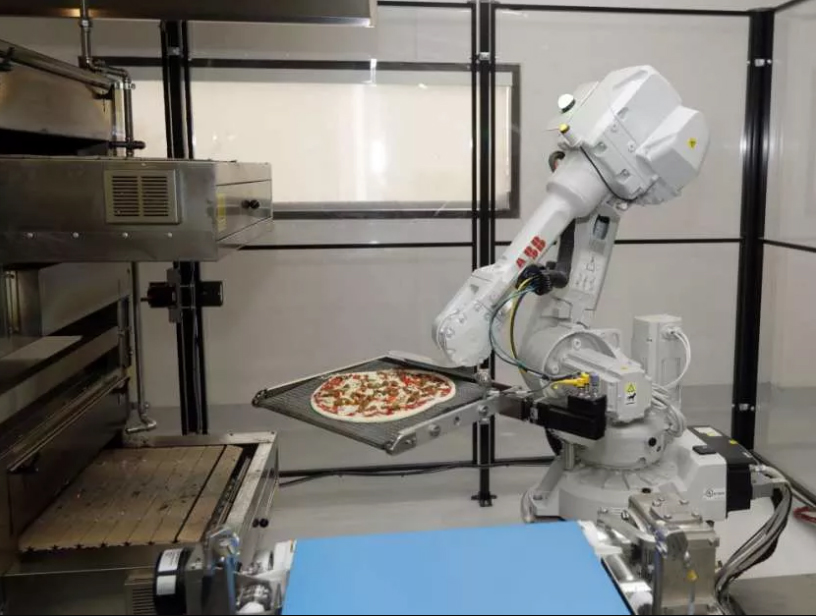Robots are capable of taking over countless tasks that human workers are paid to perform, and these meddlesome machines are not just out for low-paying jobs — they can replace many of the duties of six-figure income earners.
These revelations are contained in research compiled at San Francisco’s McKinsey Global Institute, which studies emerging economic trends. Its findings on automation suggest that while intelligent machines will likely replace few occupations in the next decade, they could take over myriad tasks, from collecting data to cooking hamburgers.
Far from science fiction, the research indicates that hundreds of jobs could be forever changed by automation using current technologies. An estimated 60 per cent of occupations could see a third or more of their tasks automated without any major new breakthroughs, the U.S. institute forecasts.
“This technology is coming, and it’s coming not only for physical tasks but for cognitive tasks,” said Michael Chui, a partner at the institute who will discuss the robotics trend Thursday at the Global Business Forum in Banff.
“If you’re a leader, you ought to look at your entire organization and say, how can this potentially be valuable to you?”
About 200 business executives, researchers and other thought leaders will gather for the business forum at the Fairmont Banff Springs Hotel on Thursday and Friday to examine global migration, cyber terrorism and other challenges facing the private sector.
Executives from Google Canada, Shell Canada, Dow Chemical and other big employers will share their insights on innovation, tech trends and efforts to reduce emissions in the energy sector.
Chui will take the stage Thursday afternoon to reveal how robots and other forms of automation could disrupt the Canadian workforce.
“A lot of people, when they hear about automation, they quite naturally gravitate to the impact on jobs and whether it will cause mass unemployment,” he said in an interview.
But Chui and his colleagues believe that machines could become more of a “saviour” of productivity than a drain on human employment, as an aging workforce leaves gaps in the domestic economy.
“What we really need is a way to make a declining workforce more productive in order to just maintain GDP per capita or hopefully to increase it,” Chui said.
“This might suggest that automation is the thing that will allow us to continue to grow economically rather than being something that is going to throw people out of their jobs.”
Chui’s research suggests food service and accommodations, retail and manufacturing are among the sectors most susceptible to automation. Many of the tasks in these occupations involve predictable, physical activities, such as packaging products and even preparing food.
Fast food restaurants have already begun testing computers that take customer orders while the San Francisco robotics company Momentum Machines has come up with something even more novel: A robot that cooks 400 burgers an hour.
Still, the business case for investing in an automated fast food industry may be weak, given that existing labour costs are low.
In Singapore, researchers with Nanyang Technological University have developed a human-like robot programmed to display emotions and recall previous conversations. Nadine, as the humanoid has been called, has been put to work as a receptionist at the university.
There are constraints of introducing robotics in jobs that require social skills, wit and emotion, such as selling jewelry and trading stocks, where clients expect to be dealing with humans.
But other tasks within these occupations could be taken over by machines, including maintaining sales records and compiling customer information in the retail sector, Chui’s team argues.
Similarly, they believe computers could be programmed to collect and process financial services data, from reviewing mortgage and credit applications to verifying the accuracy of insurance records.
These are not all entry-level jobs — many workers currently charged with processing data earn six figures.
Chui said while technology is available to make way for a rise of robots in North American jobs, they won’t take over tomorrow. It will take time to integrate these technologies into the workplace, he said, adding the machines will also become less expensive.
“Today, it would cost quite a bit to put a robot in a home that would make breakfast,” Chui said. “But I think at one point you would have said that, too, about a vacuuming robot, but now there’s a pretty competitive market for those.”




